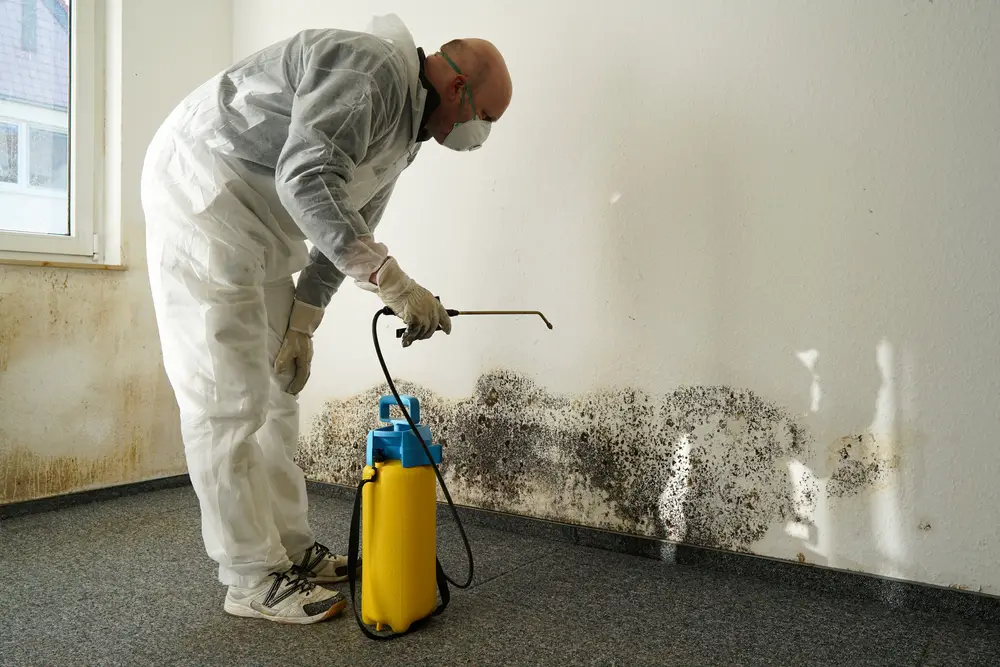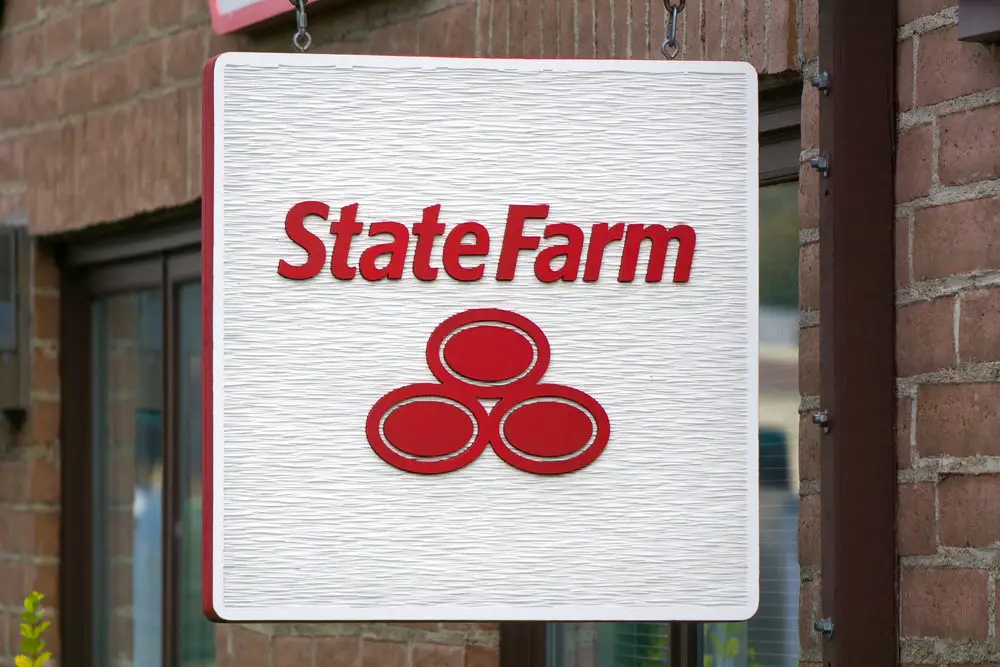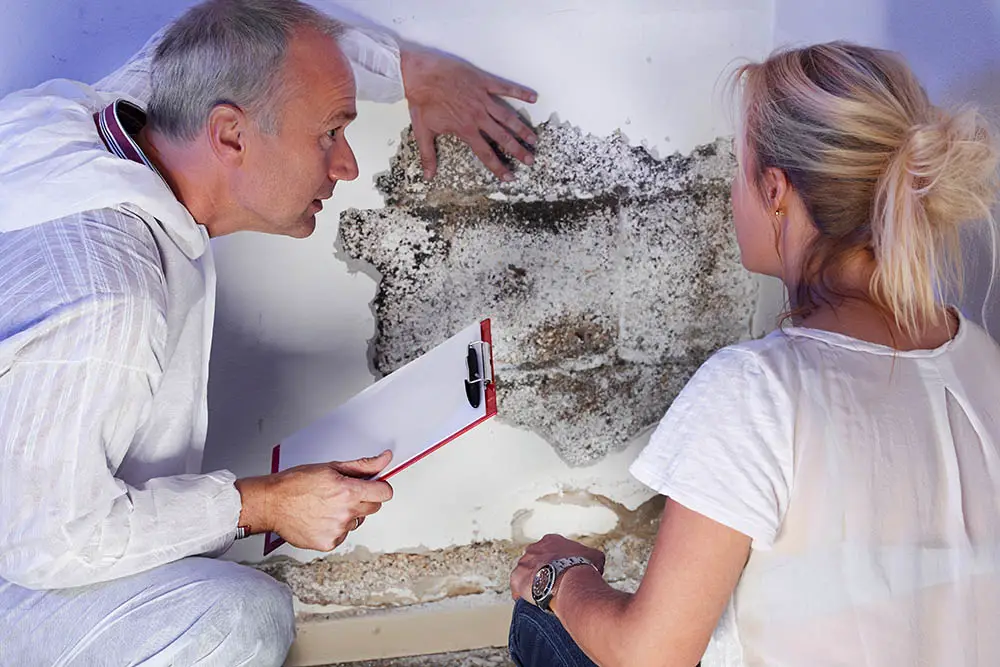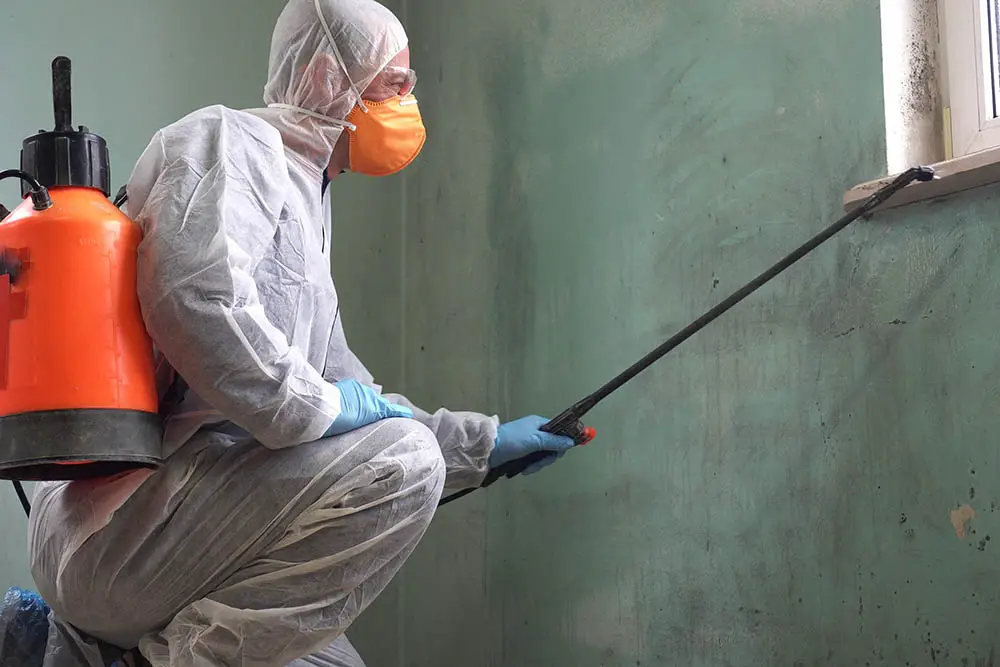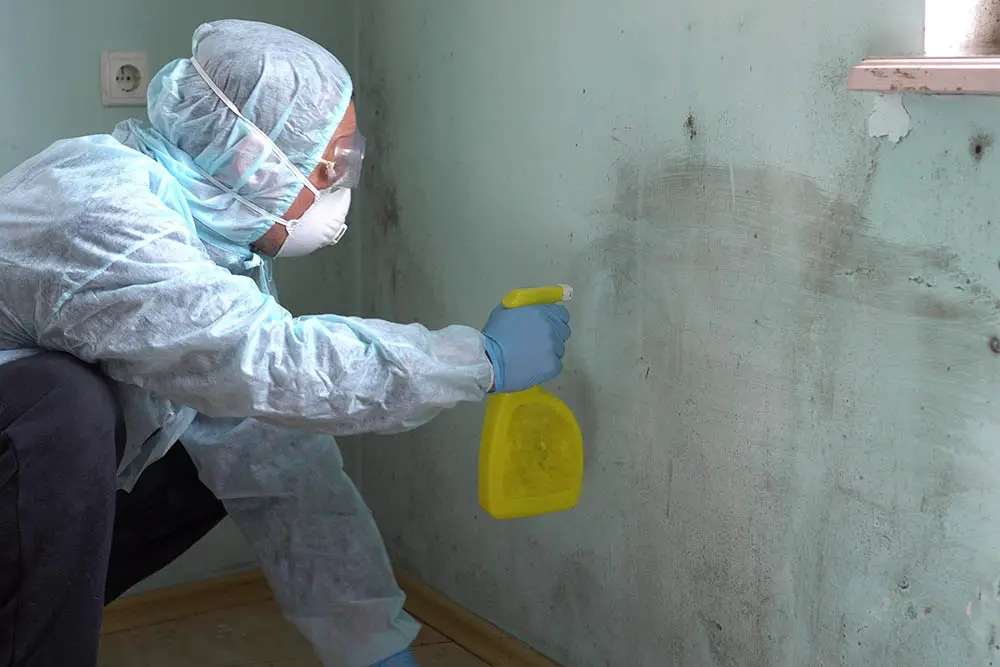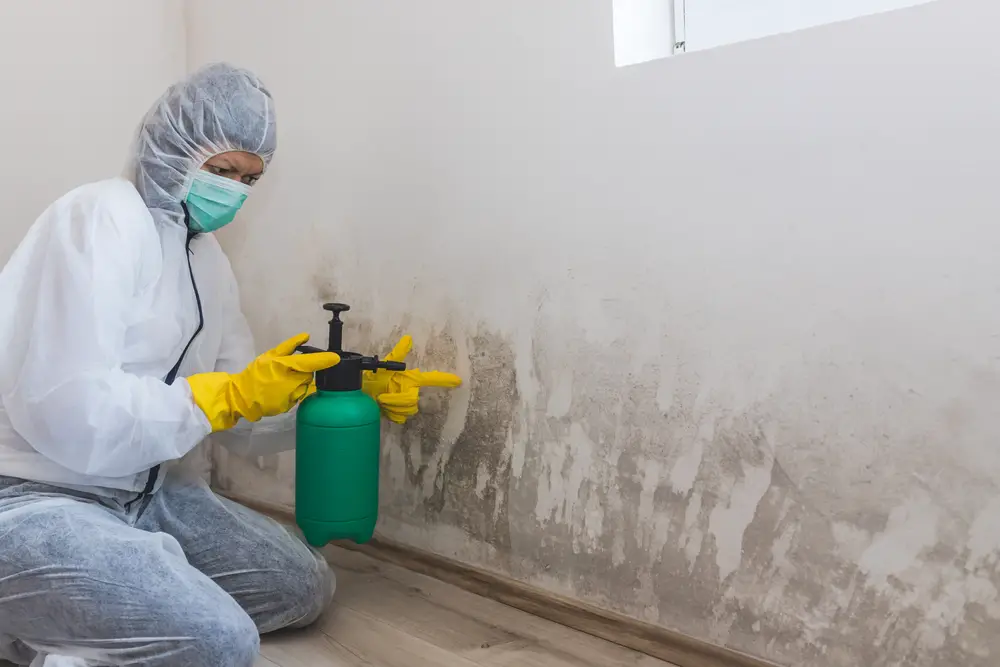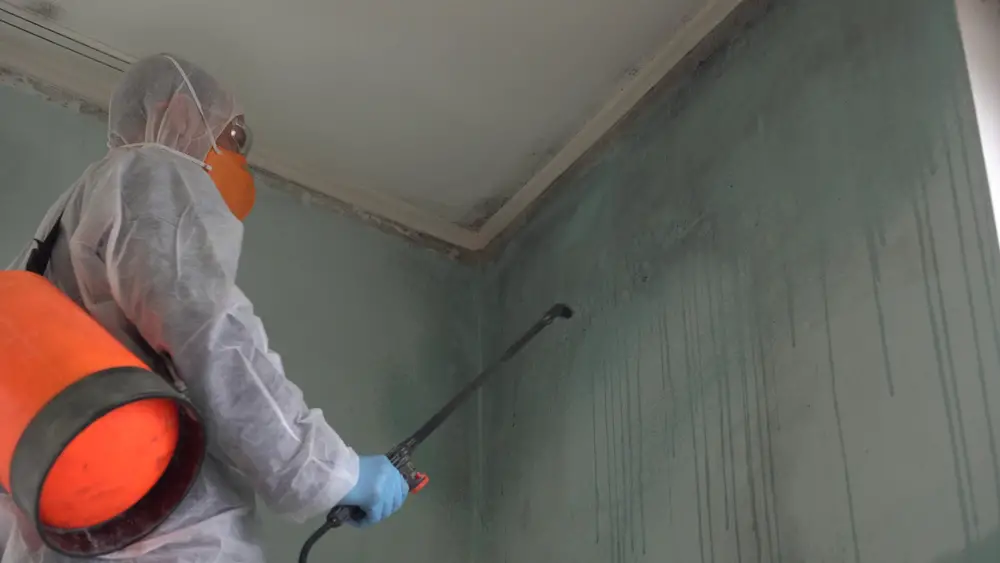Mold Remediation is expensive, and because of this, a lot of homeowners wonder if Mold remediation is tax-deductible. Let’s face it, whether you are a landlord or a homeowner, there may be a point in your life where you have to tackle mold, and to tackle this mold, you will need mold remediation.
We go back to the question, is Mold remediation tax-deductible? Well, let’s find out!
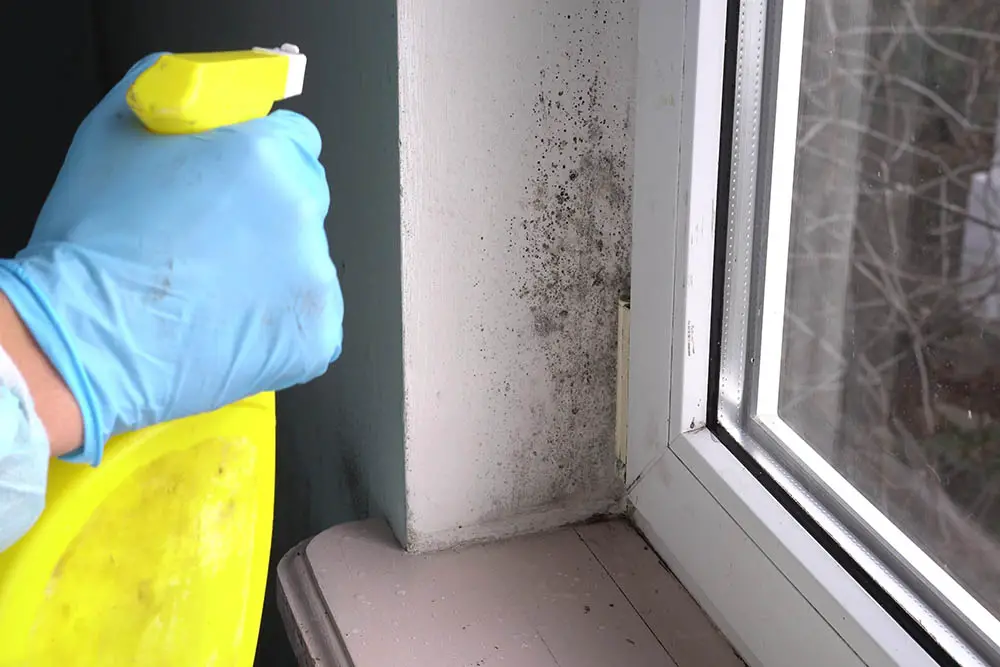
Understanding Mold Remediation Costs and Tax Implications
Mold remediation is essential for safeguarding your property investment, but it comes with associated costs that can vary greatly depending on the extent of the issue.
Removal Costs
In severe cases, mold removal may entail the removal of a quarter, half, or even an entire wall, among other measures to eradicate the mold.
Equipment and Chemical Costs
Additionally, you need to consider the expenses for protective gear and chemicals required to ensure the safe execution of the remediation process.
Tax Deductibility
The good news is that these expenses are generally tax-deductible as they qualify as necessary expenditures for maintaining your property. However, there are criteria to meet for tax deduction eligibility:
- Ordinary and Necessary Expenses: The remediation process must be both ordinary, meaning it’s a common practice, and necessary to preserve the value of the property.
- Health and Safety Concerns: Mold removal qualifies as necessary due to the health risks it poses to occupants and workers. This aligns with the requirement of being necessary for tax deduction purposes.
Not Considered Renovation
It’s important to note that while mold remediation is tax-deductible, it differs from renovations aimed at increasing property value, which are not eligible for tax deductions.
Capitalization vs. Deduction
If the mold remediation is part of a larger renovation project aimed at enhancing the entire property’s value, the costs must be capitalized rather than deducted for tax purposes.
Understanding the Tax Deductibility of Mold Remediation Costs
Mold remediation expenses may qualify for tax deductions depending on the circumstances surrounding the removal process.
Renovation vs. Health Concerns
If mold removal is part of a broader home improvement initiative aimed at increasing property value, it typically does not qualify for tax deductions. However, if the sole reason for mold removal is health-related, such as mitigating health risks posed by mold, it may be eligible for tax deductions since it doesn’t impact the overall value of the property.
What’s Deductible?
If you hire professionals for mold remediation, the total billed amount becomes your deductible expense for the year. Additionally, any materials you purchase for the repairs are also eligible for tax deductions.
Repair vs. Renovation
Mold removal is considered a repair rather than a renovation or restoration, making it eligible for tax deductions since mold causes damage to the property.
Temporary Relocation Expenses
Expenses incurred for temporary relocation during the remediation process might also be tax-deductible, but this can vary. Consulting your tax preparer for clarification on deductibility is advisable.
Comprehensive Deductibility
In general, the entire mold remediation process, including removal costs, safety procedure expenses, and temporary relocation expenses, should be tax-deductible if it’s solely aimed at repairing mold damage and not part of a broader property renovation to increase value.
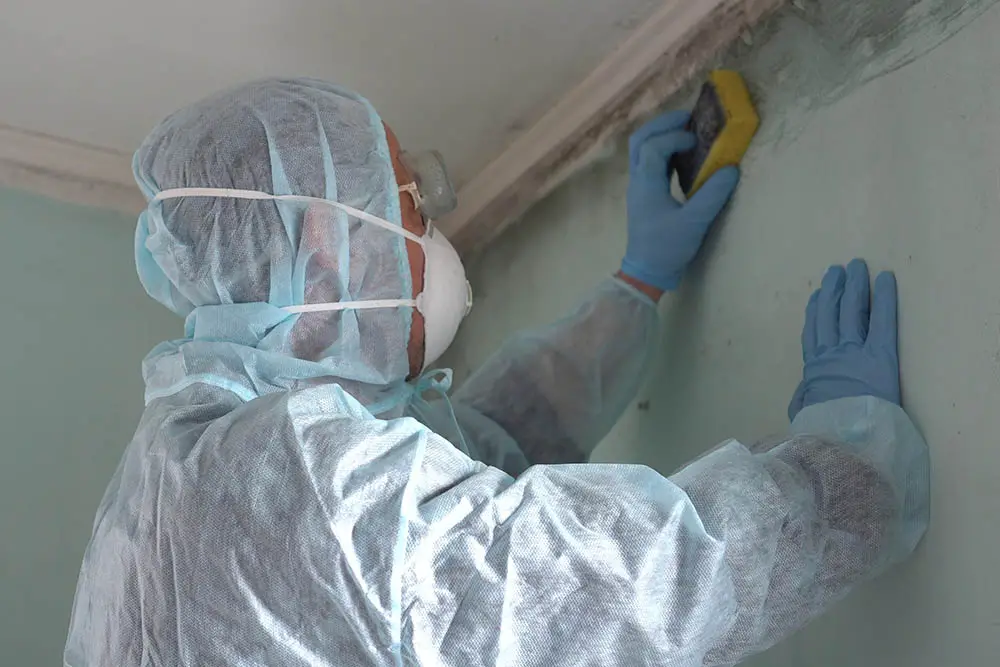
Is Mold Remediation Tax Deductible?
In conclusion, the tax deductibility of mold remediation costs hinges on whether the removal is driven by health concerns or part of a broader renovation project aimed at increasing property value. Suppose the mold removal is solely to address health risks posed by mold and does not contribute to property value enhancement. In that case, it is generally eligible for tax deductions as a repair expense. This includes expenses for professional services, materials, safety procedures, and temporary relocation.
However, if mold remediation is part of a larger renovation plan intended to raise the property’s value, it typically cannot be deducted as a repair expense. Consulting a tax professional for specific guidance tailored to individual circumstances is recommended to ensure compliance with tax regulations and maximize available deductions.

